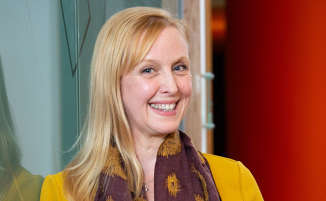Sabine Chalmers was concerned about coming back to the UK. Absent for more than two decades, most recently in the US as chief legal and corporate affairs officer at drinks giant Anheuser-Busch InBev, she had built a reputation as one of the leading lights of the general counsel (GC) community. But when she first left the UK, the GC role lacked stature, particularly in contrast to the US. ‘I was concerned about how a UK role would compare to the experience I’d had in the US.’
But she did return in 2018, to one of the most senior legal roles in the UK – BT group GC. ‘It’s been encouraging and interesting because the role of the GC has grown. They sit at the top table and report to the chief executive, they have the compliance and company secretary hats: that’s great for the function.’ Continue reading “From monkey to organ grinder – assessing the modern in-house team”













